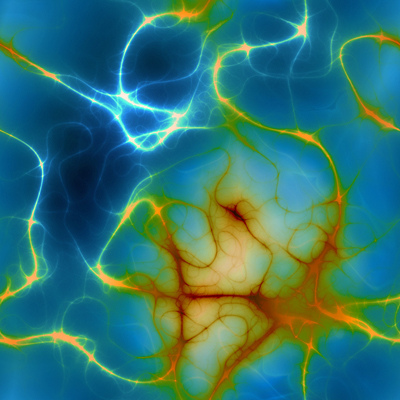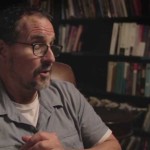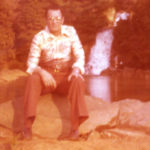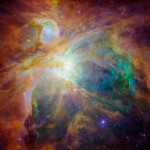We run our website the way we wished the whole internet worked: we provide high quality original content with no ads. We are funded solely by your direct support. Please consider supporting this project.

Does Analytic Thinking Make You Less Religious?
Andrew Aghapour wrote an article that was posted in Religion Dispatches questioning the findings of studies that concluded that analytical thinking negatively affects religious belief. In the article, Does Analytic Thinking Erodes Religious Belief? Aghapour argues that there are flaws in the studies and that the biggest culprit was the most likely the population used for the studies. It’s a good reminder that we need to be using our analytic brains when we encounter claims like these.
From the article:
Like the zombies that populate our screens, Americans have an immense appetite for brains. Most of the above stories come from just the past month, and they are only a small sample of neuroscience’s prominent circulation in the news cycle. Neuroscience can tell us who we are, how we can improve ourselves, and why other people act in the strange ways that they do. In an increasingly complex world, brains seem to somehow point back to the one thing that all humans have in common.
Perhaps because of the high demand for news about the brain, media coverage of neuroscience is notoriously sketchy. In a recent article in the journal Neuron, the authors lament the ways that popular neuroscience is used to artificially “underline differences between categories of people in ways that [are] symbolically layered and socially loaded.” In other words, research about the brain is often stretched and extended to support existing stereotypes about race, sex, class, and religion. Neuroscience is new enough, and our desire for brain facts is strong enough, that dubious claims about brain types circulate widely.
Image by Patrick Hoesly. Sourced via Flickr.
Related Reading

Listening Like a Hostage Negotiator
Pedro Ribeiro Simões via Compfight It seems like from the moment we become Christians we’re taught how to present an argument and defend our beliefs. But not many of us are taught how to listen well. This might be why Christians are perceived as arrogant or judgmental. It’s not helping the cause of Christ and it’s…

Does Science Kill Faith? (podcast)
Greg talks about science and faith in this deep and profound episode that expands, then devolves, into a strange strange dance. Episode 538 http://traffic.libsyn.com/askgregboyd/Episode_0538.mp3

Why Isn’t God More Clear?
Ever wonder why God isn’t more clear and obvious? Here’s Greg’s take on that question.

Podcast: How Do We Reconcile a Historical Adam, Science, and the Fall?
Greg talks about many big things in one small episode. http://traffic.libsyn.com/askgregboyd/Episode_0388.mp3

Glorious Creation
I’m not a scientist, but I’ve always loved to dabble in it. In fact, I collaborated with some friends and wrote a quirky picture book on the interfacing of various areas of science (e.g. quantum theory, chaos theory) and the open view of the future. It’s called The Cosmic Dance and, just to let the…

Dallas Willard on Doubt and Belief
http://youtu.be/xiOIyP4VHOk One of our Facebook friends pointed out this video to us (Thanks Lukasz!) The comments in this interview on the benefits of fellowship when it comes to doubt and belief are excellent. We’re really going to miss Dallas.
